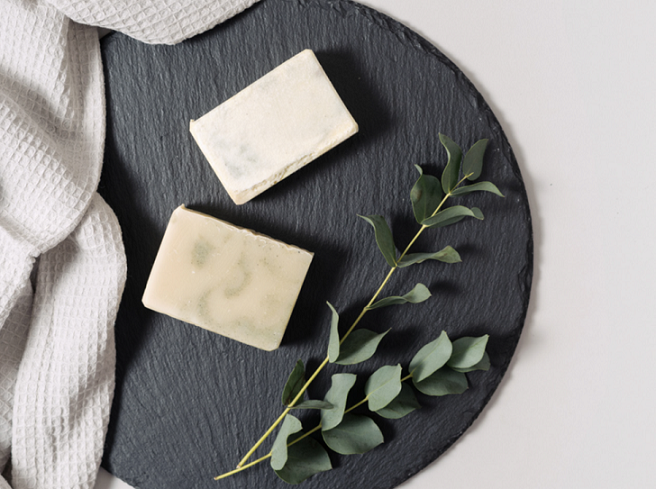More than a trend
A good ten years ago, when consumers went to the drugstore around the corner looking for natural cosmetics, they had to hunt. Since then, however, natural cosmetics have been taking up more and more shelf space every year; they now account for around 10% of the total cosmetics market, and almost 20% if near-natural cosmetics are included. We’re no longer talking about niche products; natural cosmetics have entered the mainstream, and are in fact displacing conventional ones.

According to the Natural & Organic Cosmetics Industry Monitor from the consulting firm THE NEW, the cosmetics market has been declining since 2020 while sales of natural cosmetics are increasing – by 5.7% in the first half of 2020 alone. Mirja Eckert, THE NEW’s managing director, sees several reasons behind this. On the one hand, she says, awareness of responsible consumption has been building over the past few years – and above all, issues relating to sustainability have become far more important. In addition, there is a growing focus on health – in part because of the pandemic – which has made consumers more discerning. “More and more, they want products that protect and strengthen the immune system,” reports Eckert.
Consumers are also willing to invest more for these concerns, which was confirmed by a survey conducted by Splendid Research last year. 81% of survey respondents said they were willing to spend more on their skincare, for example, and purchase eco-friendly items for the sake of the environment. A little more than half even indicated that for them, conventional cosmetics were fundamentally out of the question.
Many cosmetics manufacturers, large and small, have responded to the steady increase in demand. The availability of natural cosmetics has improved and distribution channels which should be sourced as fairly and responsibly as possible – and ends with the packaging, which should have the smallest possible carbon footprint. As a result, solid shampoos, soaps and body butters have become increasingly popular in recent years.
“In the Nordmann Lab, we started working on solid formulations for shampoos, facial cleansers, etc. back in 2017,” explains Laura Ratz, Application Scientist in Personal Care. As of 2019, she says, interest skyrocketed: “These products are big in terms of sustainability, and a lot of our customers ask for them.”
This is because many consumers are keen on buying sustainable products with minimal packaging. “Consumption is also a political statement,” Erkert points out, and awareness of ingredients is also on the rise. “People want the healthiest options for themselves,” says Julia Keith, commenting on the new “non-toxic” megatrend that has spilled over from the USA to Europe and Germany. “Producers of natural cosmetics are also paying attention to people’s changing needs, especially in terms of digitalization, demographic change, health and individualization – and always in connection with sustainability too,” explains Eckert. Because this is not a trend, as she makes clear: “Sustainability is always a matter of serious consideration these days.”
Further information
For detailed product information please contact our experts: sales(at)nordmann.global


